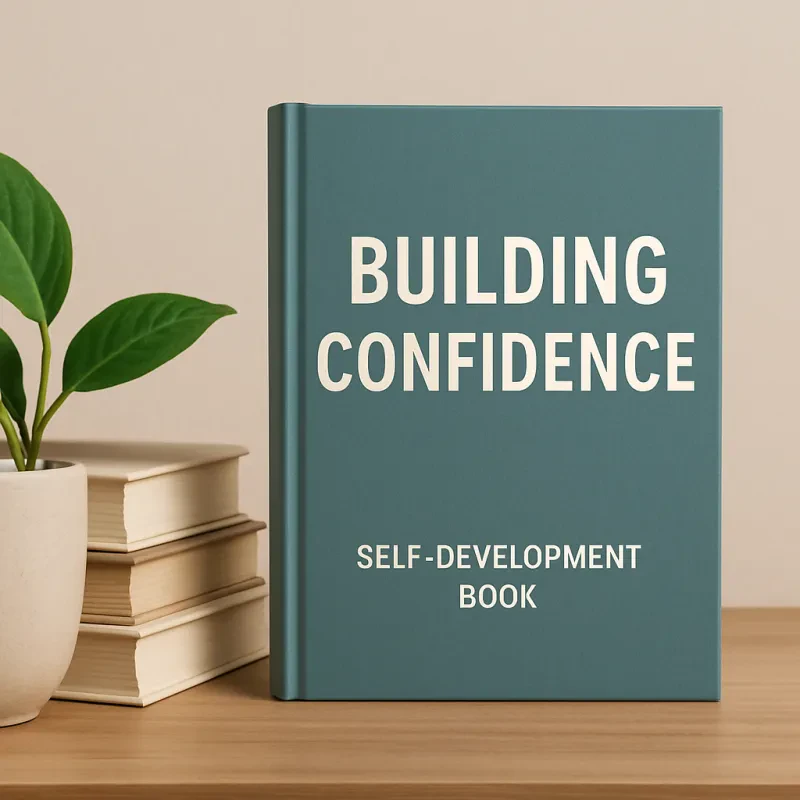I'm Ready to Be Happy: A Guide to Cultivating Joy and Fulfillment
The quest for happiness has become a common theme in today’s world. Recent studies indicate that only about one in three adults feel genuinely happy. With so much negativity surrounding us, understanding how to achieve true happiness is essential. This article serves as a practical guide to help you unlock the joy and fulfillment you deserve.
Understanding Your Happiness
Identifying Your Sources of Happiness
What truly makes you happy? Spend some time considering activities, relationships, and personal values that light up your life. Reflect on moments when you felt your best. Write these down. Are they linked to helping others, spending time with family, or discovering new skills?
Actionable Steps:
- Make a list of activities that bring you joy.
- Ask friends and family what they think makes you happiest.
- Regularly check in with yourself to see if you're engaging in these activities.
Recognizing Barriers to Happiness
Many people unknowingly hinder their own happiness. Negative thoughts, limiting beliefs, and unhealthy habits can block joy from flowing into your life. For instance, if you often think, "I can’t achieve my dreams," this mindset can become a barrier.
Statistics: According to the National Institute of Mental Health, over 19% of adults experience mental illness, impacting their happiness levels. Identifying these barriers is the first step to overcoming them.
The Science of Happiness
Understanding the science behind happiness can provide valuable insights. Our brains release chemicals like dopamine and serotonin, which contribute significantly to our feelings of joy. Positive psychology shows that cultivating gratitude and practicing mindfulness can enhance these neurochemical responses.
Cultivating Positive Habits
The Power of Gratitude
Practicing gratitude can significantly boost your happiness. Studies reveal that people who express gratitude regularly report higher well-being levels. Start each day by writing down three things you’re grateful for.
Tips for Gratitude:
- Maintain a gratitude journal.
- Share your gratitude with friends and family.
- Reflect on positive moments at the end of your day.
Mindfulness and Meditation
Mindfulness helps reduce stress and enhances emotional control. By focusing on the present moment, you can experience life more fully. Guided meditations can be a great starting point.
Resources:
- Explore apps like Headspace or Calm for guided sessions.
- Engage in breath-focused exercises.
Physical Well-being and Happiness
There’s a strong link between physical health and happiness. Exercise releases endorphins, which can improve mood. Studies suggest that people who engage in regular physical activity are 20% happier than their inactive counterparts.
Tips:
- Aim for at least 30 minutes of exercise most days.
- Find a physical activity you love, whether it's dancing, walking, or yoga.
Building Meaningful Connections
The Importance of Social Connection
Strong social ties can dramatically increase happiness. Feeling connected to others provides emotional support and a sense of belonging. Studies show that social isolation can be as damaging to health as smoking 15 cigarettes a day.
Nurturing Healthy Relationships
Improving communication can strengthen relationships. Try active listening and expressing appreciation. This fosters a deeper connection with loved ones.
Examples:
- Schedule regular check-ins with friends.
- Plan fun activities that build memories together.
Expanding Your Social Circle
Meeting new people can also enhance your happiness. Join clubs, attend community events, or volunteer. These activities provide opportunities to connect with like-minded individuals.
Setting Goals and Finding Purpose
Defining Your Values
Understanding your core values is crucial for happiness. Values guide your choices and shape your life. Take time to identify what’s most important to you.
Actionable Tips:
- List your values and rank them.
- Reflect on how your daily actions align with these values.
Setting Meaningful Goals
Setting achievable goals that resonate with your values can lead to a more fulfilling life. Break your goals into smaller, actionable steps to track progress.
Embracing Challenges and Growth
Resilience is crucial to long-term happiness. By embracing challenges, you develop a growth mindset. This approach allows you to see setbacks as opportunities.
Expert Quote: "Growth comes from overcoming challenges. Embrace them." — Unknown
Practicing Self-Compassion and Self-Care
The Importance of Self-Compassion
Treat yourself with kindness. Recognize that everyone makes mistakes and experiences setbacks. Self-compassion is a powerful tool for improving mental well-being.
Actionable Tips:
- Acknowledge your feelings without judgment.
- Write a letter to yourself offering understanding and support.
Developing Self-Care Routines
Engaging in self-care can recharge your spirit. Consider spending time in nature, pursuing a hobby, or practicing relaxation techniques.
Examples:
- Dedicate one day a week to self-care.
- Explore activities you’ve always wanted to try.
Seeking Professional Help
If barriers to happiness feel overwhelming, consider seeking professional support. Therapists can offer valuable tools and guidance.
Resources:
- Check local listings for mental health services.
- Look for online therapy options.
Conclusion: Your Journey to Happiness
Happiness is within your reach. By recognizing your sources of joy, overcoming barriers, and adopting positive habits, a fulfilling life awaits. Remember that consistent effort and self-compassion are key. Embrace this journey, and step boldly towards lasting joy and fulfillment.



